close
What is Pelorus Foundation?
Our mission is to champion innovation and act as a catalyst, empowering individuals and local communities to preserve and protect the world’s wildlife and wild places for future generations.
Lucas is an avid open water swimmer with a passion for the ocean ranging from marine life to sports and archaeology. During his travels he has witnessed the alarming rise in red tides, pollution and the global decline in fish stocks, spurring him into action.
Lucas is one of the six swimmers who are taking on the challenge to relay swim 140km around the island of Ibiza in May 2024. They will tackle the sea head-on, swimming in two-hour intervals as a relay team, with non-stop movement until they finish their journey.
Our Marketing and Communications Executive Luis Zafra sat down with Lucas to discuss what the challenge represents for marine conservation efforts.
Yes, absolutely. I’m a very keen swimmer and a little ocean fanatic, I love to surf and love to dive and everything about being in the ocean. Sophie is a very close friend of mine who came up with the idea of doing a long distance open water challenge. We felt that the Mediterranean was the best option, she has a great affinity with Ibiza as do I, and have friends there, so we thought it would be a fantastic challenge to try and swim around Ibiza to be able to raise ocean cleanup and environmental damage awareness. And so it’s been a real, real pleasure to be a part of it.
Yes, absolutely. I’ve been a very keen open water swimmer most of my life. I used to compete in water polo as a child and that followed onto a fascination with the ocean, where I became a scuba diver and spent many years doing hundreds of scuba dives around the world and also became a surfer. And whilst I don’t claim to be particularly good at surfing, it’s a real passion, something I love. And particularly in the past 15 years I’ve seen a massive increase in red tides, pollution in the surf breaks, damage to reefs, etc alongside everything we hear about fisheries and fish stocks declining to tiny percentages of what they were in the 70s and 80s. It seemed like a wonderful opportunity to try and do something which would hopefully raise more awareness and hopefully some funds to help counter the progress of the record.
Well, I think the real interest was sparked by my firsthand seeing the pollution, seeing the damage and the changes, and that’s something which has become very evident, particularly in the last 10 years. Of course you hear about these things and there’s lots of media these days talking about ocean pollution, but to witness it progressively continuing firsthand, from being in and around the ocean, is where the interest has really been sparked.
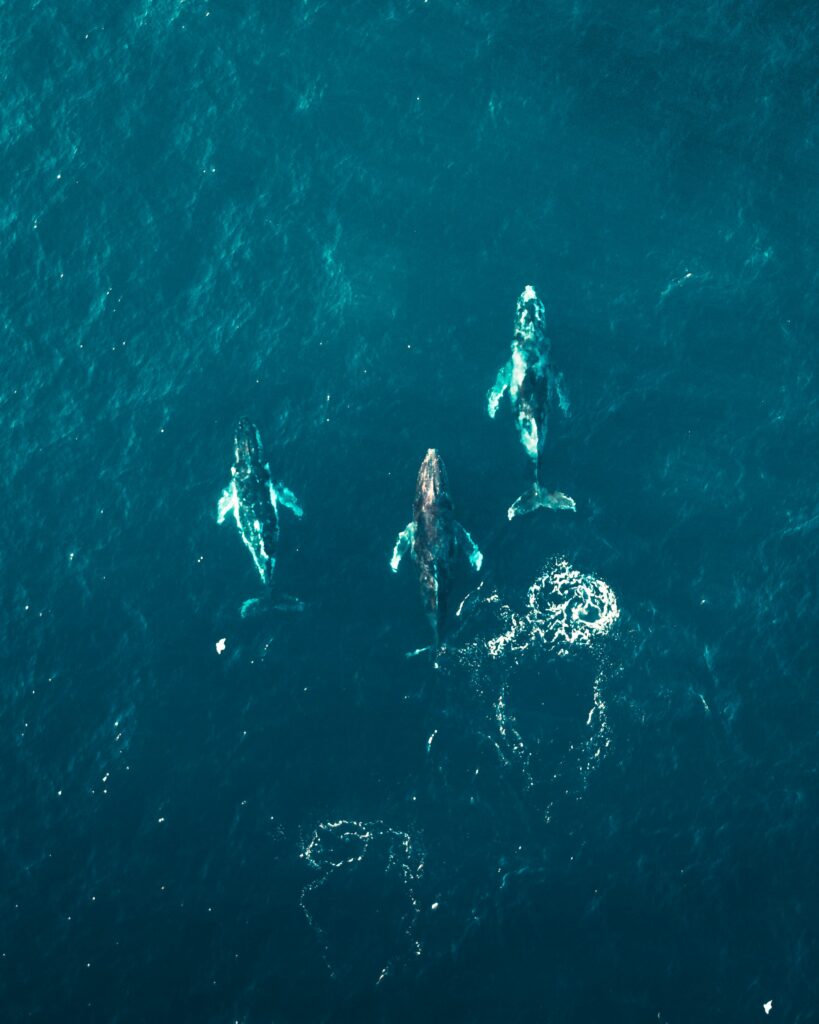
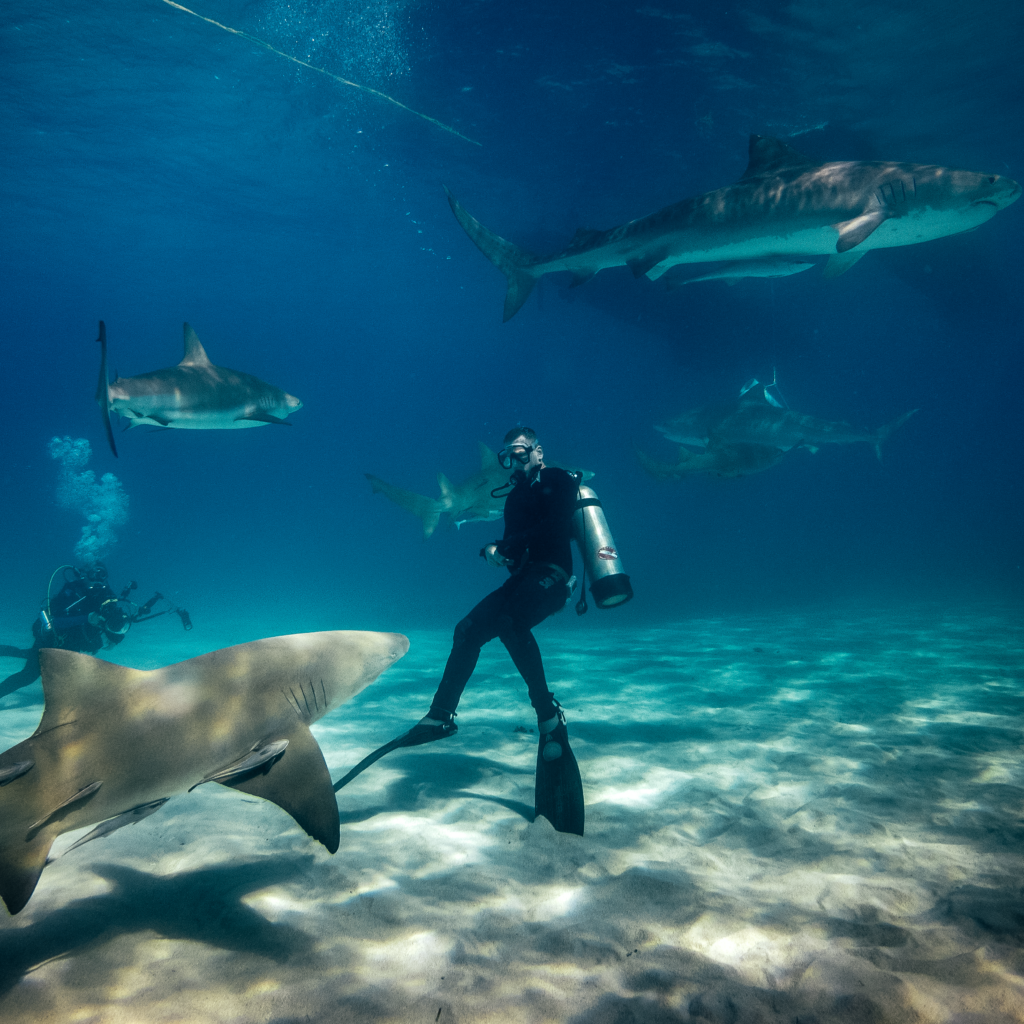
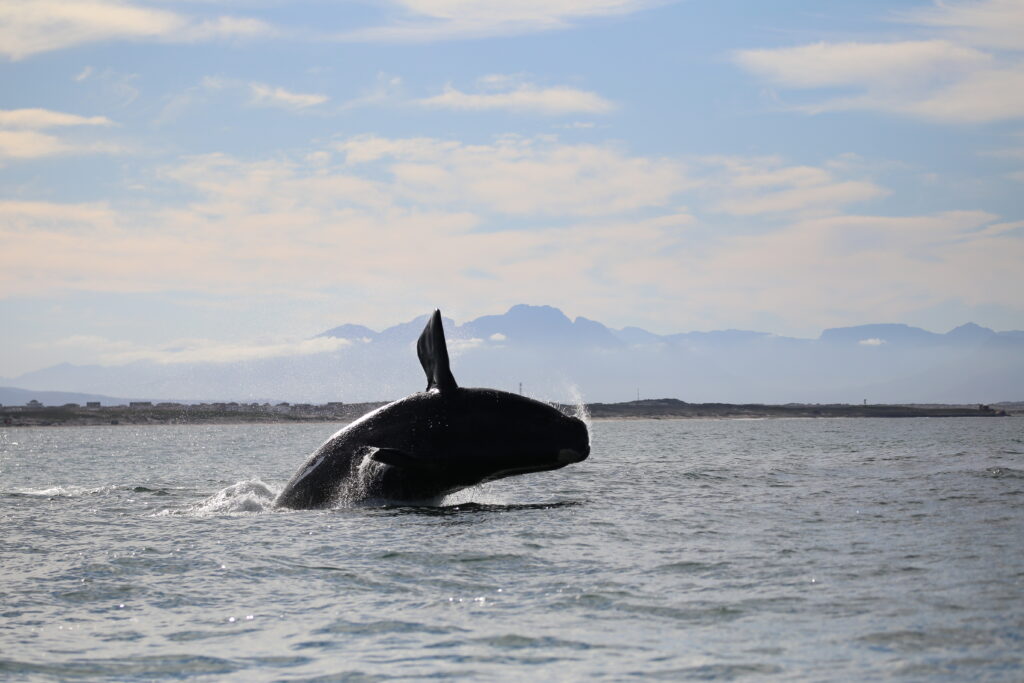

It was only recently that I went to do some swimming training down on the coast in the UK. And you’d expect the UK to be relatively considerate of its oceans and its pollution. And suddenly I’m on the south coast and encountered what appeared to be about two or three mile long 100 meter wide sewage puddles, which was pretty disgusting and a lot of people reported coming down with terrible health problems and illnesses from it. That was only this time last year. I’ve also relatively recently been freediving in Indonesia, around the coast of Bali and seen an almost unbelievable situation whereby the ocean even a few 100 meters out from the beach was just full of plastic, full of plastic cups, plastic wrappers, you name it. And then another thing I saw recently was in Costa Rica. You can see from the light aircraft miles and miles of this red tide that’s been developing around the planet which appears to be from things like pesticides and other chemicals. I don’t think they’re really 100% sure exactly what causes it. Nonetheless, it’s very evident. The damage is clearly being done.
Well, I think it appears to be overfishing which is the real damage to the ecosystem of the oceans. So more and more awareness and publicity around using less friction and dragnet fishing etc. and more restrictions on that I suppose, is one way of doing it and hopefully we’re doing it in the swim. It’s just another small step. Hopefully, getting more exposure to the wider, wider world and more public interest in countering that effect, which can be done.
I think it’s going to be very difficult and a lot more challenging than we think having spoken to a number of people who are active open water swimmers and professionals, and also having spoken to someone who swam a big distance around the beach. I think he ended up swimming many, many more kilometers than anticipated because of currents, jellyfish and all the other hazards and hurdles you come across. We’re also attempting to swim non stop as a relay, which means we’ll be swimming through the night. I think that’s going to be a very big challenge and it’s a quite, quite scary challenge, even though I’m comfortable in the ocean and obviously I’ve been fortunate to spend a lot of time there. I think it would be a lie to say that I’m not slightly apprehensive, especially with a six person team which has to go smoothly. It’s going to be a lot tougher than perhaps we think, but I’m up to the challenge.
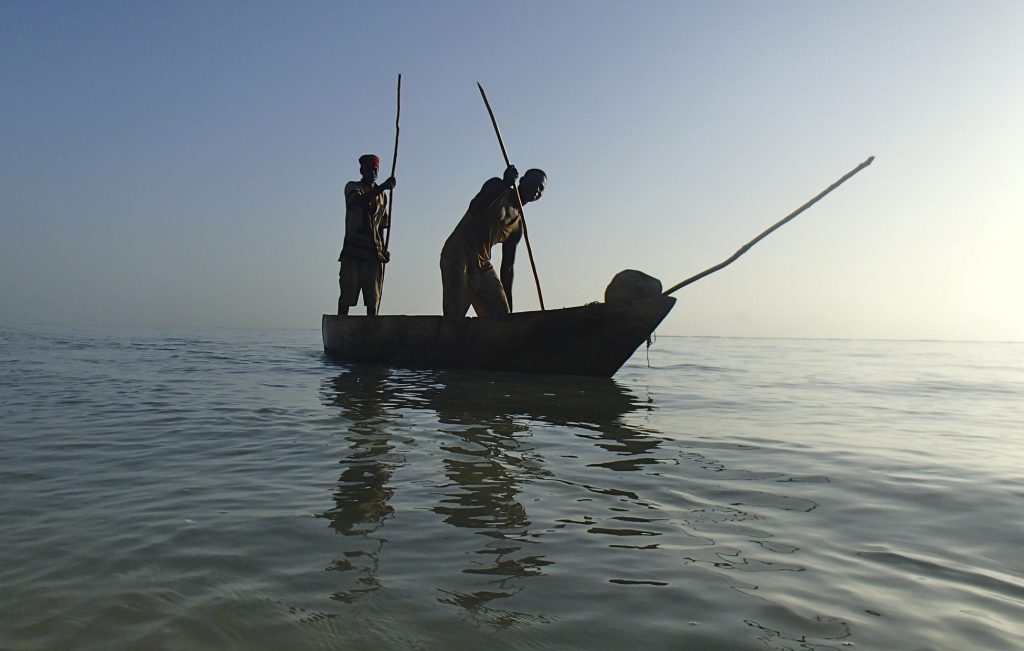
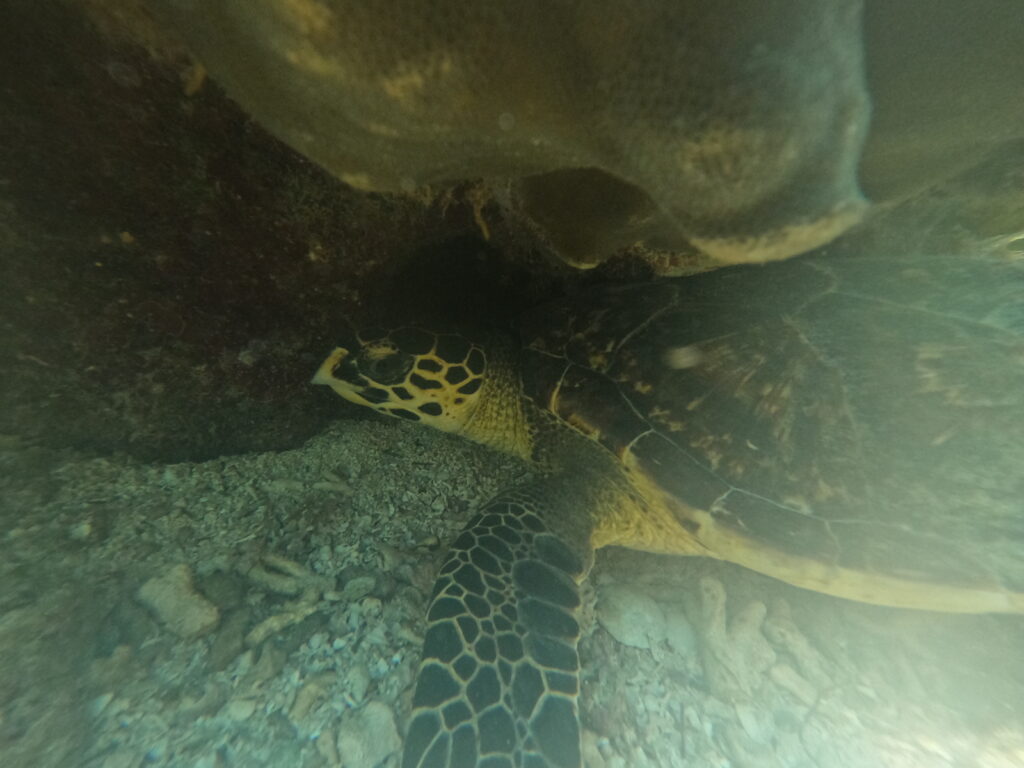
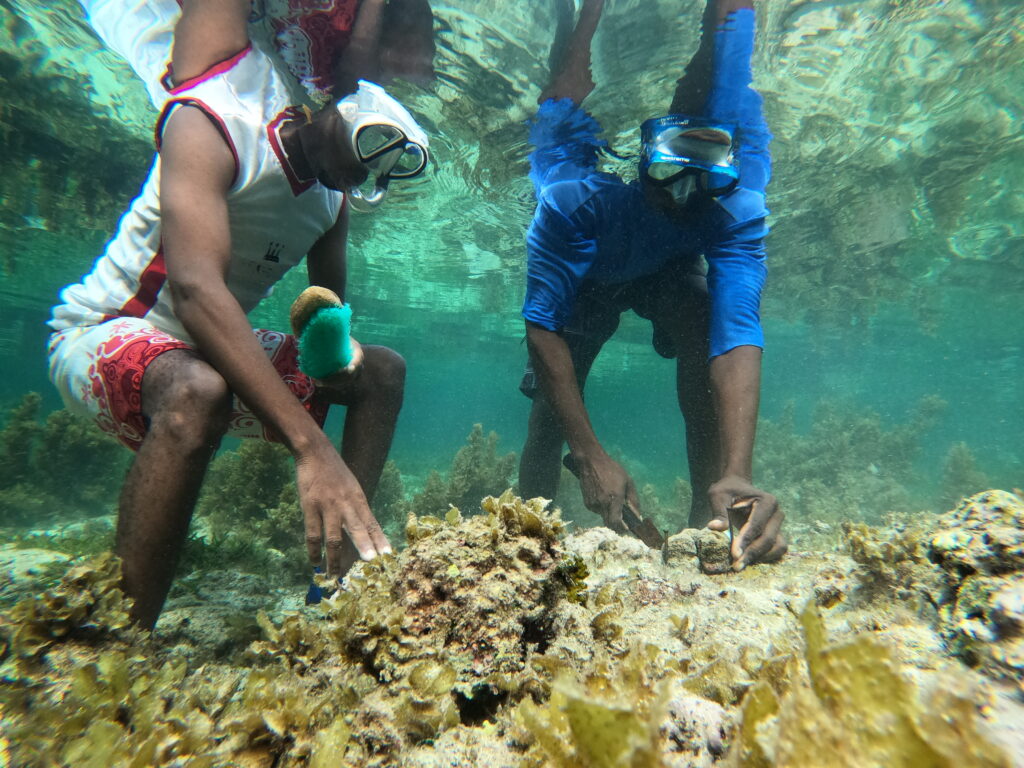

I think ultimately, it’s a real desire to succeed in these types of challenges. And what remains is focusing because you’re doing it for a cause so you don’t feel like you are going to let people or yourself down. And of course, things can go wrong and you may have to cancel. You never know but I think because we’re doing something which we all have a real passion for and the cause we’re working for again, you’ll have a real passion for it. That’s the real motivator, keeps you going and keeps you focused.
The team angle is fantastic, because everybody is very motivated and very keen. So we’re very keen to make this work and achieve something special. I think it will make it a lot easier than doing it alone. There’ll be a lot of camaraderie, a lot of mutual work. Between us, you know, if you have down periods or tough times maybe, it is good to have a great team of people who will motivate and support each other. So I think the team element is a really good thing. I’m very pleased to be part of this team. Such great people.
I think inspiration is the key. We hope for this type of challenge to inspire others to do similar things and hopefully get a wave of action in other people. So that’s a great thing, to make people think. Challenges are great for your health, great for fitness. They’re a great focus and a great adventure. And if you can at the same time convert that into awareness and funding for supporting these ocean initiatives around cleanup protection and environmental protection that is just ideal.
Well, I hope that in doing this really amazing challenge, we create a good amount of PR and that’s so long as we can succeed and make it work and finish our challenge. This could be the first of a number of challenges that we continue doing going forward and if we can really raise some good funds and get some exposure, then hopefully we can find the next challenge as soon as this initiative just keeps going, which would be fantastic.